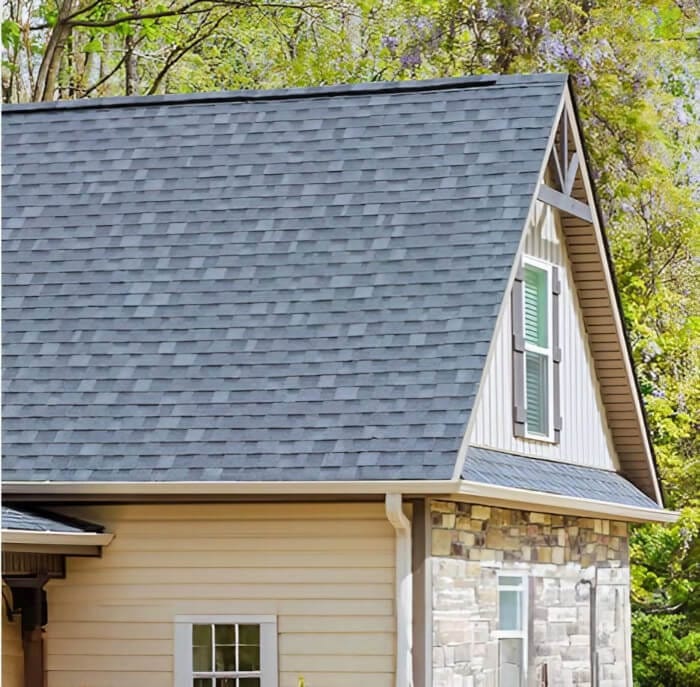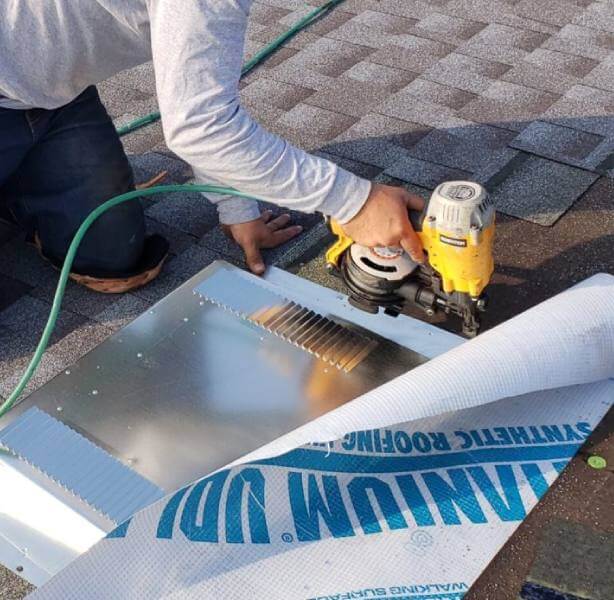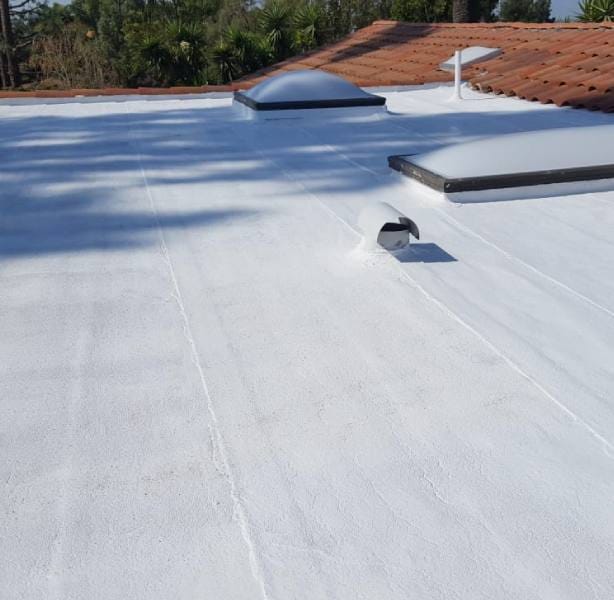How Much Should A Roofing Job Cost?
Introduction
When it comes to home improvement, roofing is one of the most critical aspects to consider. A good roof protects your home from the elements, adds value, and ensures the safety of your loved Atlas Roofing WA ones. However, many homeowners find themselves asking a significant question: How much should a roofing job cost? Understanding the costs involved in a roofing project can be daunting, but it's essential for budgeting effectively and making informed decisions. In this comprehensive guide, we will delve into various factors that influence roofing costs, providing you with insights to help you navigate this complex subject.
Understanding Roofing Costs: An Overview
Factors Affecting Roofing Costs
When assessing how much a roofing job may cost, several underlying factors come into play. Here are some key components that significantly influence the price:
- Asphalt Shingles
- Metal Roofing
- Slate and Tile
- Wood Shingles
- Square Footage Considerations
- Roof Slope Impact
- Regional Variations
- Experience Level of Roofers
- Repair vs. Replacement Scenarios
- Structural Integrity Assessment
- Skylights and Ventilation Systems
- Gutters and Downspouts
- Local Regulations
- Safety Compliance Costs
Understanding these factors will help you form a clearer picture of how much your roofing project might set you back.
Breaking Down the Costs
To provide a clearer understanding, let's break down costs associated with different types of roofing materials.
| Roofing Material | Average Cost per Square (100 sq ft) | |-------------------|--------------------------------------| | Asphalt Shingles | $90-$100 | | Metal Roofing | $110-$150 | | Slate | $600-$900 | | Wood Shakes | $400-$700 |
Remember that these prices can vary based on location and specific contractor pricing structures.
How Much Should A Roofing Job Cost? A Detailed Breakdown
Asphalt Shingles: Affordable Yet Reliable
Asphalt shingles remain one of the most popular choices among homeowners due to their affordability and durability.
- Cost Range: The average installation cost ranges from $3,000 to $10,000 for a standard-sized home.
- Longevity: Typically lasts 15-30 years.
- Maintenance: Minimal maintenance required; routine inspections recommended.
If you're searching for "roof services near me," you’ll likely find numerous contractors specializing in asphalt shingle installations.
Metal Roofing: Durability Meets Style
Metal roofing is gaining popularity due to its longevity and energy efficiency.
- Cost Range: Expect to pay between $7,000 and $20,000 for installation.
- Longevity: Can last up to 50 years or more.
- Maintenance: Requires minimal upkeep; check for rust or loose panels occasionally.
This type of roofing can also increase your home’s resale value significantly.
Slate and Tile Roofing: Luxurious Yet Expensive
For those seeking an upscale finish, slate or tile roofs offer unmatched aesthetics but come with higher costs.
- Cost Range: Installation can run from $15,000 to over $40,000.
- Longevity: These materials can last over 100 years if properly maintained.
- Maintenance: Regular inspections and repairs are crucial due to potential breakage.
These options are often sought after in upscale neighborhoods where curb appeal is paramount.
Wood Shingles: Natural Beauty with Some Drawbacks
Wood shingles provide a rustic charm but require more maintenance than other materials due to susceptibility to rot and fire hazards.
- Cost Range: Installation typically falls between $10,000 and $15,000.
- Longevity: Generally lasts about 30 years with proper care.
- Maintenance: Must be treated regularly for pests and moisture resistance.
The Importance of Labor in Roofing Costs
How Labor Influences Your Total Bill
Labor costs can account for 60% or more of total roofing expenses. Here’s why:
Experience Matters
Skilled laborers command higher wages due to their expertise.
Local Market Rates
Depending on where you live, labor rates may vary significantly—urban areas tend to have higher costs compared to rural regions.
Job Complexity
More complex jobs will require specialized skills which can escalate labor charges.
Understanding these nuances allows you to budget more accurately for your project while ensuring quality workmanship through reputable contractors.
FAQ Section on Labor Costs
Q1: Why are labor costs so high?
A1: Skilled labor is necessary for quality assurance; experienced workers typically charge more due to their expertise in handling complex installations safely.
Q2: Can I save money by doing it myself?
A2: While DIY projects can save labor costs upfront, improper installation could lead to costly repairs down the line—consider hiring professionals for best results.
The Role of Location in Cost Estimation
Regional Pricing Differences
When estimating how much should a roofing job cost? It's crucial to consider geographical influences on pricing:
Urban vs Rural Areas

- Urban areas often have higher demand leading to increased prices.
Climate Considerations
- Regions prone to harsh weather may require specialized materials increasing overall costs.
Local Codes and Permits
- Different municipalities have varying regulations that could affect both timeframes and expenses related to permits.
Assessing Your Current Roof's Condition
Before diving into new installations or repairs, evaluating your current roof's condition is pivotal:

Age Assessment
How old is your roof? Most roofs last between 15–50 years depending on material used; knowing this helps gauge potential replacements early on.
Damage Indicators
Look for missing shingles or signs of leaks inside your home—a professional inspection might be warranted if you're unsure about visible damage levels.
Energy Efficiency Check
Is your roof insulative enough? Poor insulation might lead not only increased heating/cooling bills but also premature wear on materials requiring replacement sooner than expected!
Common Mistakes Leading To Unexpected Costs
It's easy to overlook certain aspects when planning your roofing project:
Neglecting Quotes from Multiple Contractors
Always get at least three estimates! This gives insight into fair market pricing while helping avoid rip-offs from unscrupulous contractors looking out solely for profit margins instead of quality service delivery!
Ignoring Hidden Fees
Always ask about additional charges like disposal fees or permit costs—these small details add up quickly!
Not Considering Long-Term Value Over Initial Price
Cheaper isn't always better! High-quality materials may cost more upfront but save money long-term through reduced maintenance needs!
Choosing The Right Contractor For Your Roofing Project
Finding reliable "roof services near me" requires careful consideration:
Licensing & Insurance Verification
Ensure contractors hold proper licensing & insurance coverage—this protects both parties during unexpected incidents!
Check Reviews & References
Look online for customer testimonials or ask around within local communities regarding past experiences—this builds confidence moving forward!

Written Contracts Are Crucial! Everything agreed upon should be documented formally! This includes timelines as well as detailed scopes outlining what work will entail—it protects both homeowner & contractor alike!
Frequently Asked Questions About Roofing Costs
Q1: What are typical signs I need a new roof?
A1: Common indicators include curling or missing shingles along with water stains on ceilings/walls inside your house—the presence of mold may indicate significant leaks needing addressing immediately!
Q2: How long does it take for my new roof installation?
A2: Most residential jobs range between one day up until two weeks depending upon size complexity involved—all weather conditions also impact timelines!
Q3: Should I invest in additional ventilation systems?
A3: Yes! Proper ventilation prolongs lifespan while reducing energy bills by preventing heat buildup during summer months—consult professionals before making decisions here!
Q4: What’s included in the total estimate?
A4: Comprehensive estimates cover material costs alongside labor expenses including potential hazardous removal/disposal fees incurred throughout process completion stages directly relating back towards existing structure condition too!
Q5 : Will insurance cover my roof replacement?
A5 : Coverage typically varies based upon individual policies—it’s advised contacting insurers promptly after sustained damages occur following natural disasters/events warranting claims submissions thereafter accordingly!
Q6 : Why choose green/eco-friendly materials instead ?
A6 : Sustainable options often yield lower utility bills long term—they’re recyclable plus minimize environmental footprints overall promoting greener planet awareness amongst homeowners today !
Conclusion
In conclusion, determining how much should a roofing job cost involves various elements ranging from material choices all way down towards contractor qualifications needed completing necessary tasks efficiently without compromising quality standards expected by discerning homeowners everywhere! While initial pricing might seem overwhelming initially remember investing wisely leads towards better outcomes later down road ensuring safety longevity protecting assets built hard-earned investments made over time ultimately securing peace mind knowing everything handled professionally throughout entire process seamlessly executed every step along way too !!